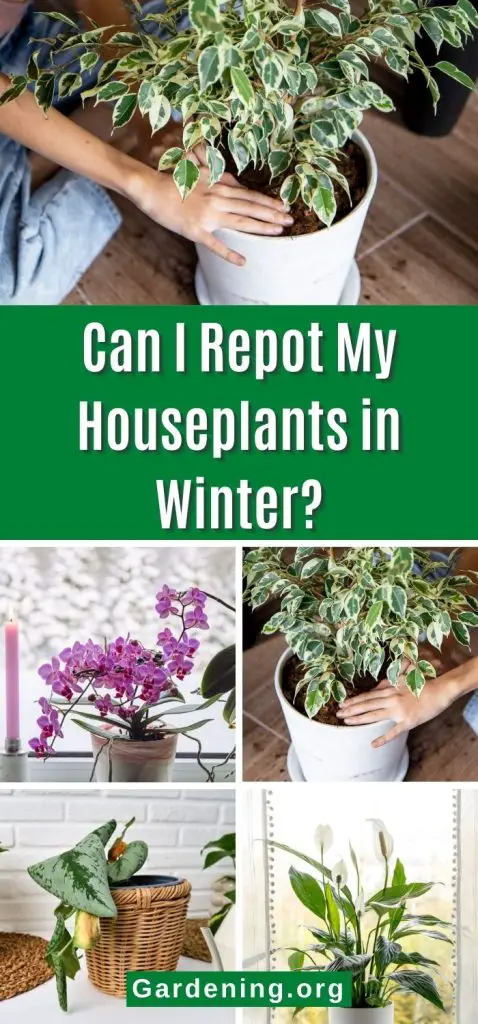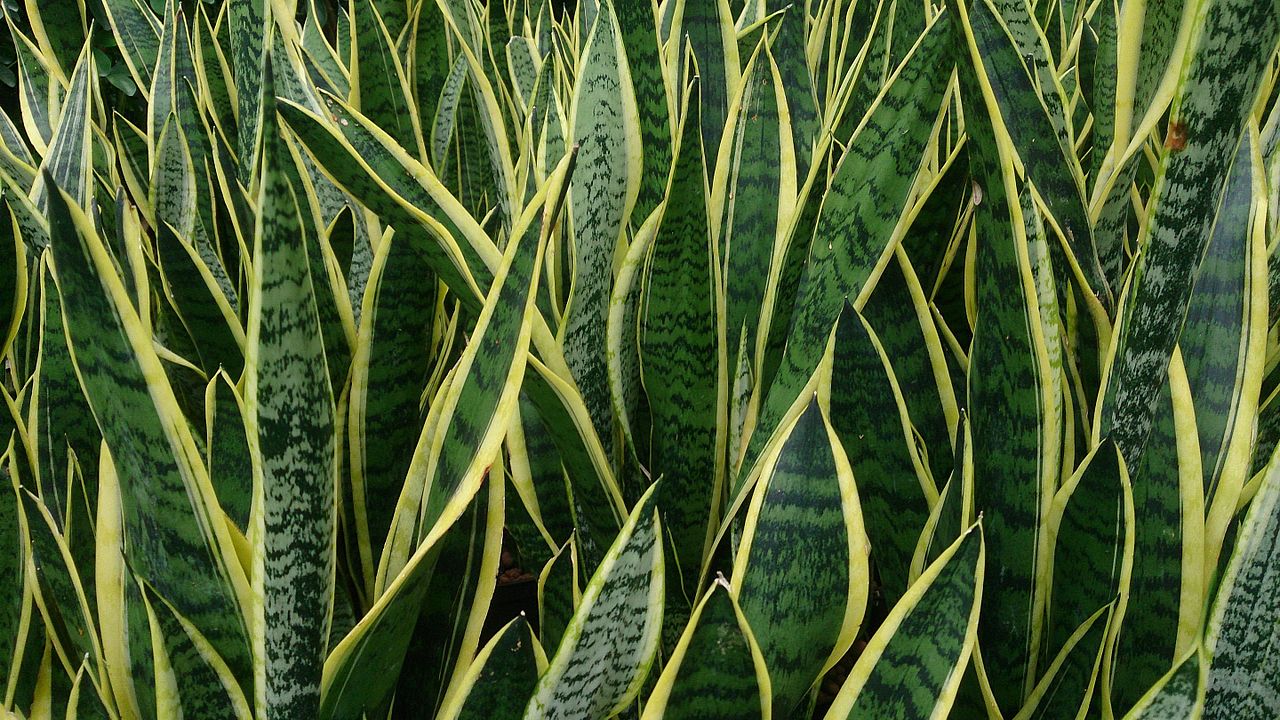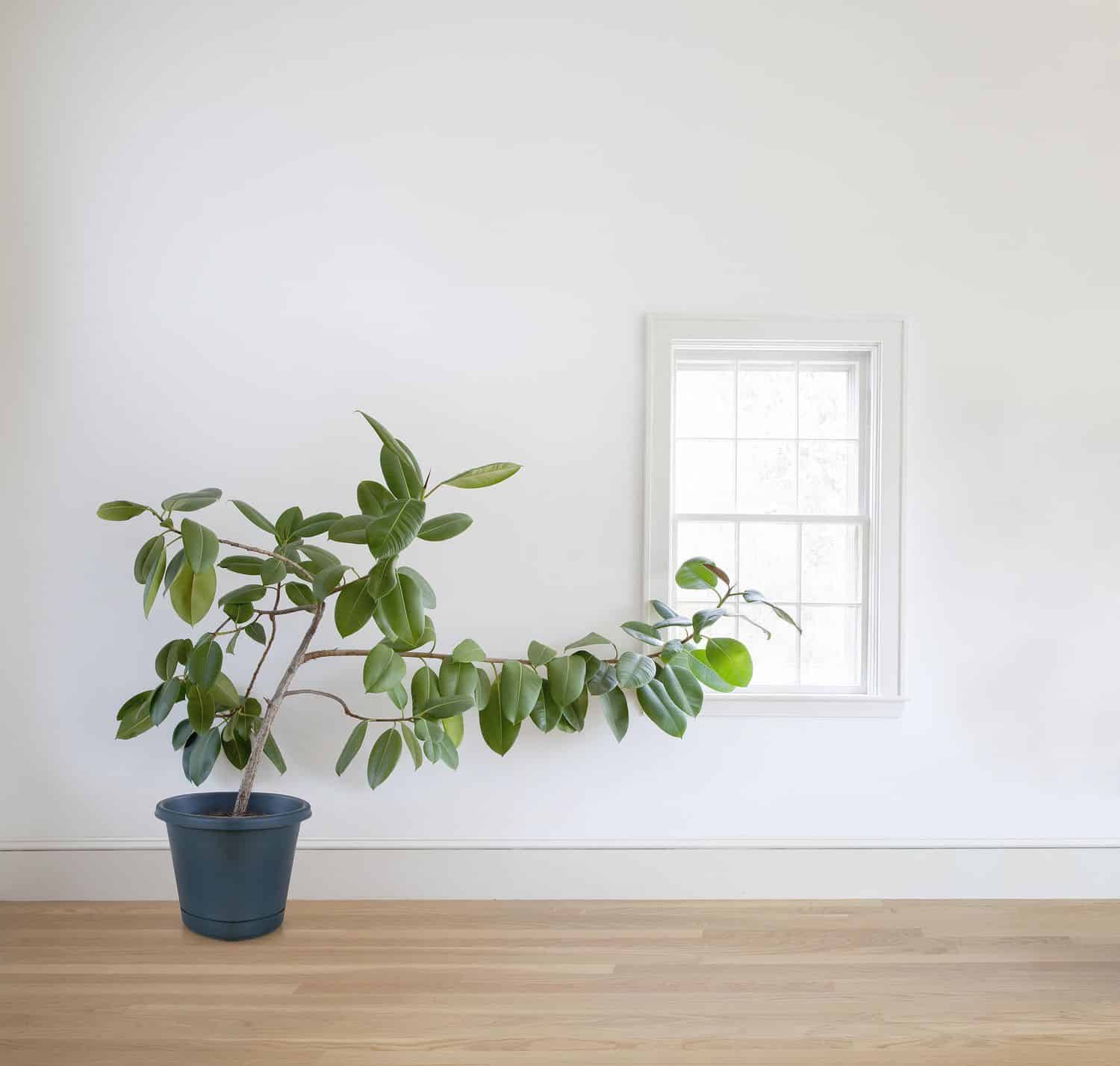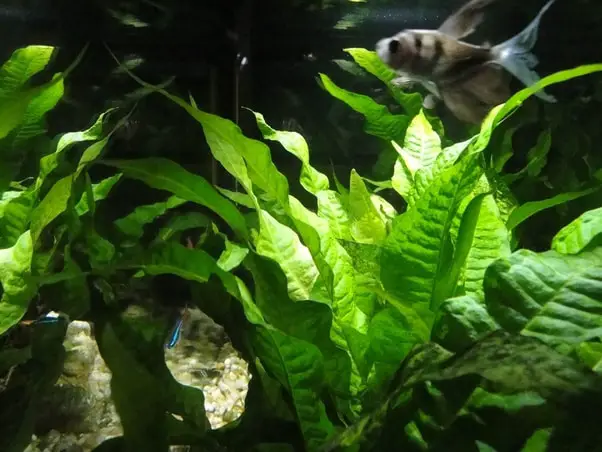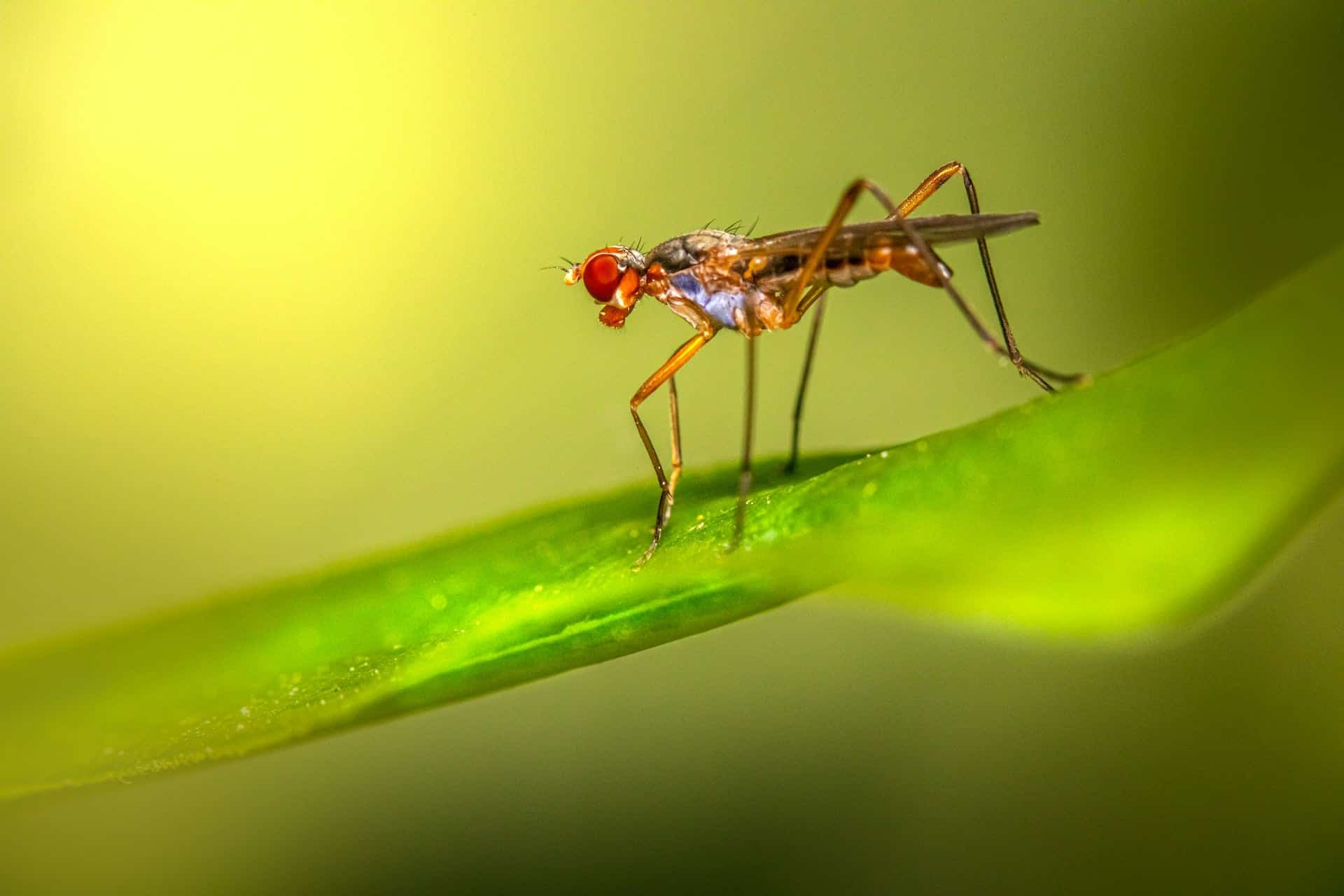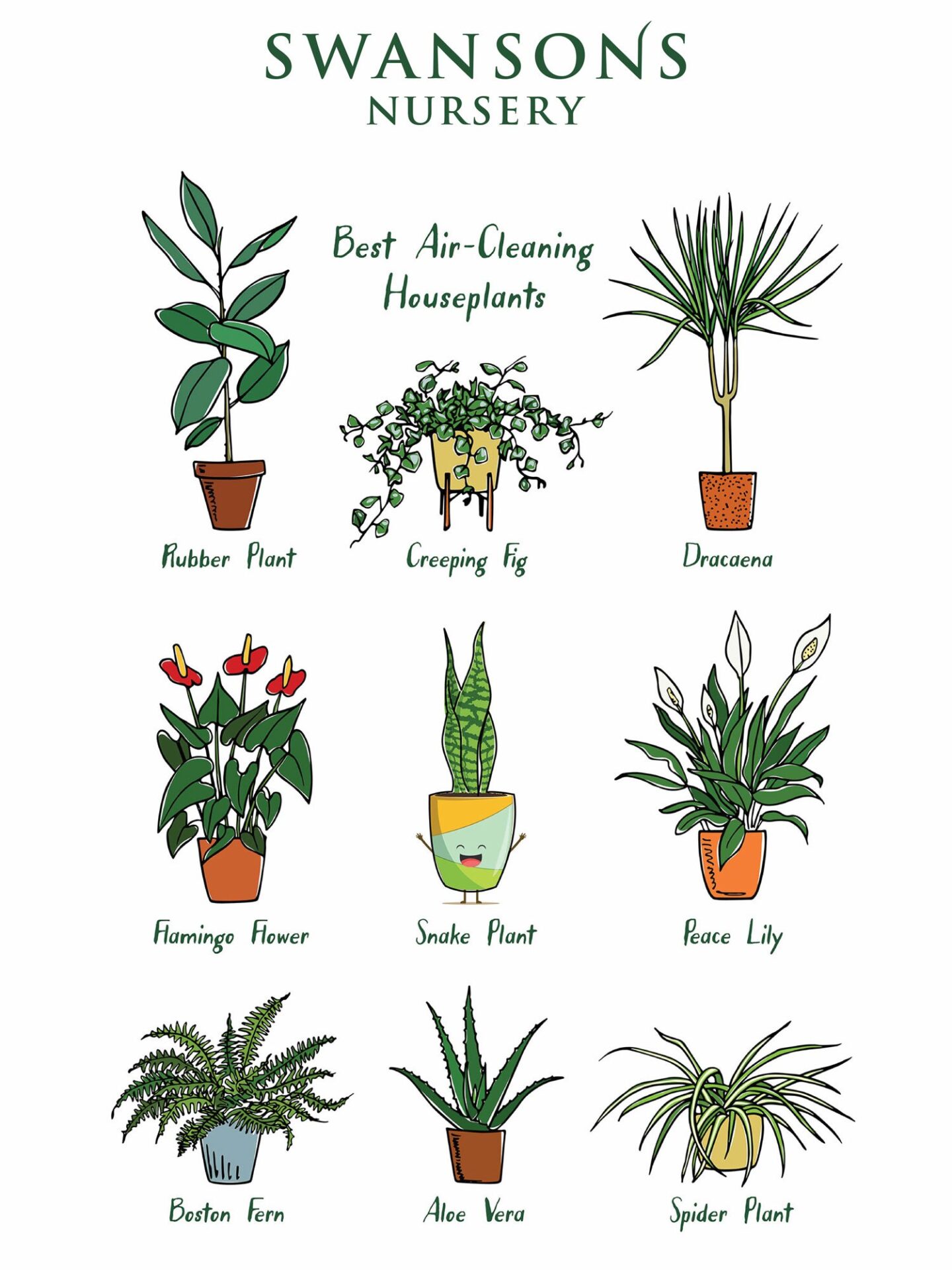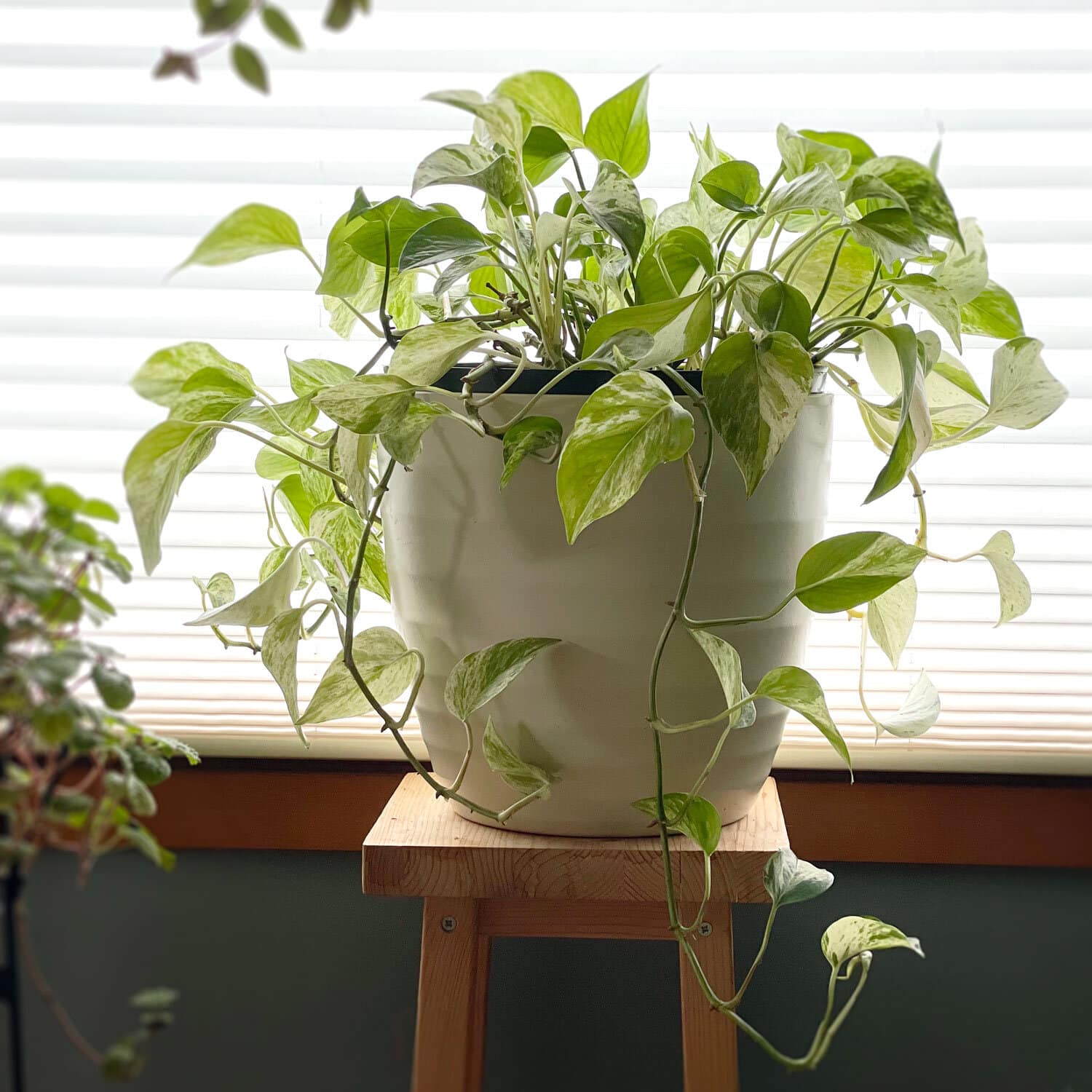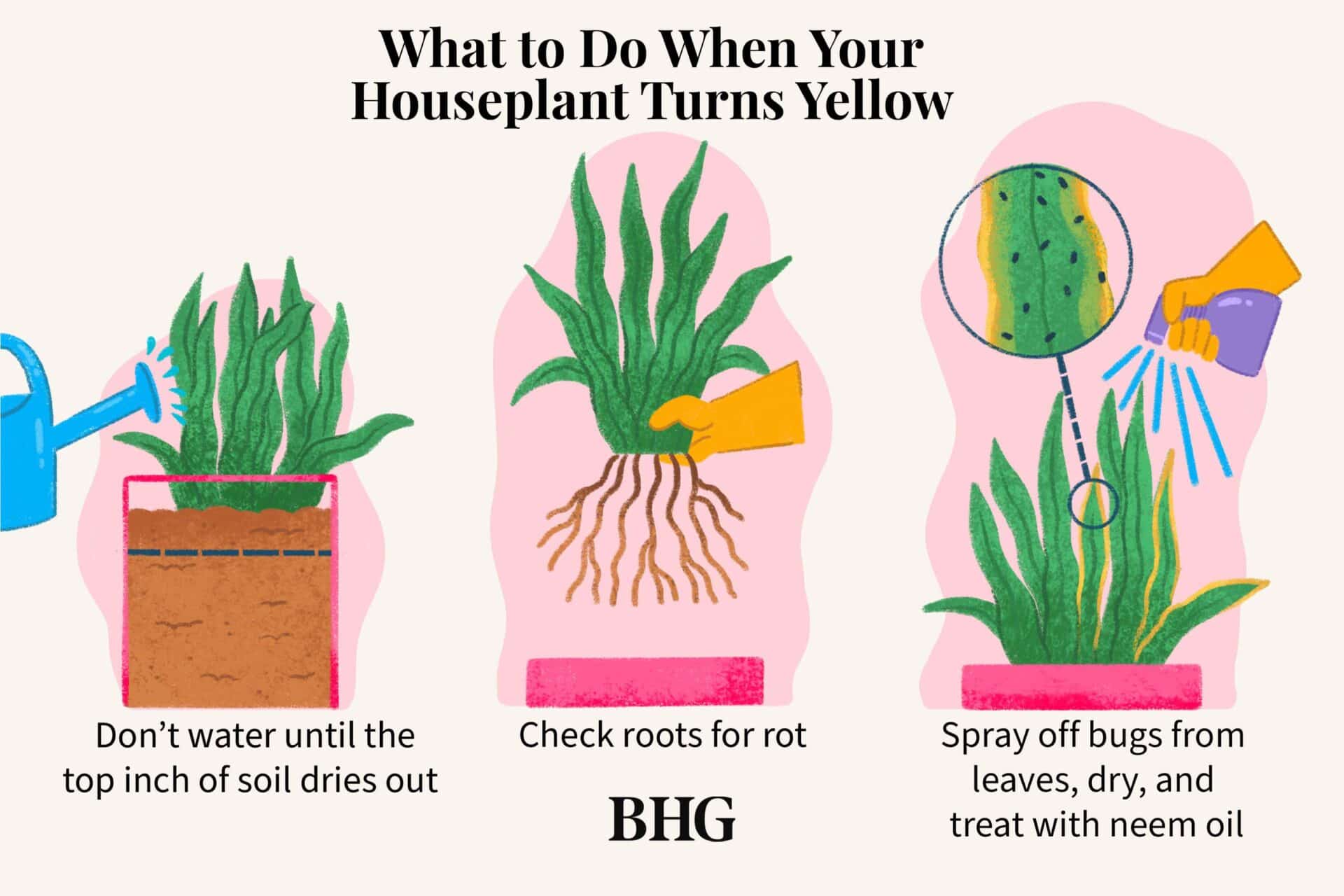Category: Planting
-
Is It Okay to Water House Plants at Night: Tips & Myths Debunked
Yes, it is okay to water house plants at night. Ensure the soil has proper drainage to avoid root rot. Watering house plants at night is a common practice among many plant enthusiasts. Nighttime watering can be beneficial as it allows plants to absorb moisture without the risk of rapid evaporation caused by daytime heat.…
Categories: House Plants -
Is It Ok to Repot Houseplants in Winter?: Expert Tips & Advice
Repotting houseplants in winter is generally not recommended. Plants are dormant and less resilient during this period. Winter is a challenging time for houseplants due to reduced light and cooler temperatures. Repotting during this season can stress plants, potentially causing damage or stunted growth. It’s best to wait until spring or early summer when plants…
Categories: House Plants -
Which House Plant Produces the Most Oxygen: Top Choices Revealed
The Areca Palm produces the most oxygen among house plants. It is effective at purifying indoor air. Areca Palm, also known as Dypsis lutescens, is a popular house plant. It not only enhances home aesthetics but also improves air quality. The plant releases high amounts of oxygen, making indoor spaces healthier. Areca Palm is easy…
Categories: House Plants -
Why Does House Plants Grow Towards the Window? Discover the Secret!
House plants grow towards the window because they seek light. This process is called phototropism. Plants need light to perform photosynthesis, which is essential for their growth and survival. Windows provide a natural source of sunlight, which indoor plants crave. As a result, they bend or grow towards the light source to maximize their exposure.…
Categories: House Plants -
What House Plants Can Be Fully Submerged in Water: Top Picks
Certain house plants, such as Anubias, Java Fern, and Lucky Bamboo, can thrive fully submerged in water. These aquatic plants adapt well to water environments. House plants that can be fully submerged in water add a unique touch to your indoor space. Anubias and Java Fern are popular choices among aquatic plant enthusiasts. They are…
Categories: House Plants -
What to Do If Your Houseplant Has Flies: Effective Solutions
To get rid of flies on your houseplant, remove decaying plant material and improve soil drainage. Use natural insecticides to treat infestations. Flies on houseplants can be a common nuisance for plant lovers. These tiny pests often indicate underlying issues with your plant’s care or environment. Poor soil drainage, overwatering, and decaying plant material can…
Categories: House Plants -
What are the Health Benefits of House Plants: Nature’s Boost
House plants improve air quality and reduce stress. They also boost mood and enhance overall well-being. House plants offer numerous health benefits that can significantly improve your quality of life. These green companions help purify the air by removing toxins and increasing humidity. Having house plants around can also reduce stress levels and promote a…
Categories: House Plants -
When is the Best Time to Repot an Indoor Plant: Expert Tips
The best time to repot an indoor plant is during spring or early summer. This period encourages new growth and recovery. Repotting indoor plants is crucial for their health. Plants outgrow their pots, leading to restricted root growth. Spring and early summer provide ideal conditions for repotting. Warmer temperatures and increased daylight hours promote vigorous…
Categories: House Plants -
When is the Best Time to Repot Houseplants: Expert Tips Revealed
The best time to repot houseplants is during spring or early summer. Plants grow actively in these seasons. Repotting houseplants is essential for their health and growth. Over time, plants outgrow their pots, leading to restricted root development and nutrient deficiencies. Spring and early summer provide ideal conditions for repotting because plants are in their…
Categories: House Plants -
How to Fix Yellow Leaves on House Plants: Expert Tips
To fix yellow leaves on house plants, adjust watering and check for pests or nutrient deficiencies. Ensure proper light and humidity levels. Yellow leaves on house plants can be a cause for concern. They indicate underlying problems that need immediate attention. Common issues include overwatering, underwatering, pest infestations, or lack of essential nutrients. Each of…
Categories: House Plants


